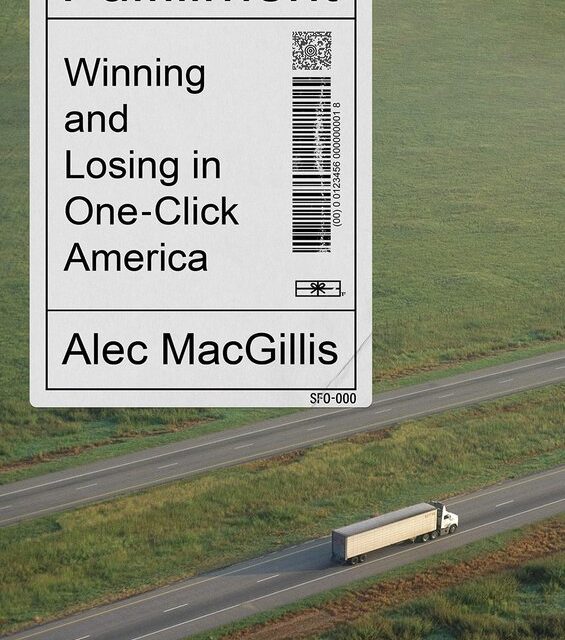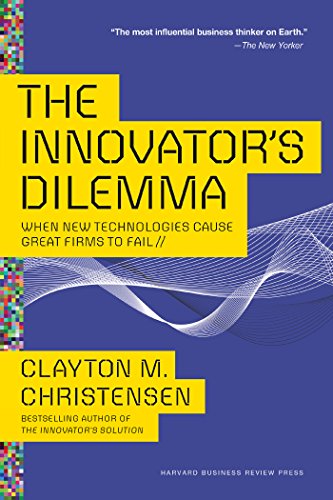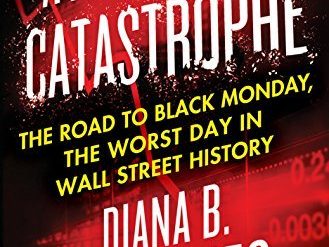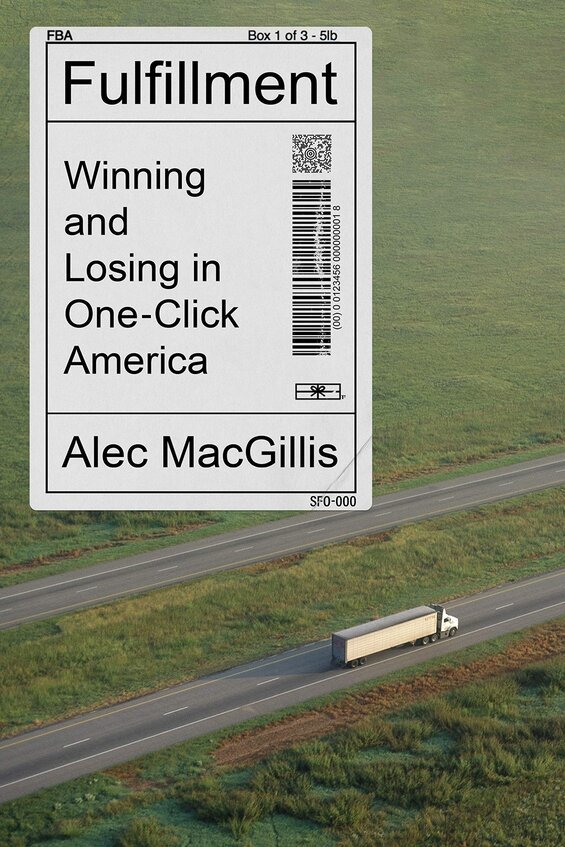
In two books published over the course of the past decade, Brad Stone has told the inside story of Amazon’s rise. The Everything Store and Amazon Unbound chronicle the company’s growth from a quirky online bookstore founded a quarter-century ago into the corporate juggernaut it has become. Now another journalist, Alec MacGillis, surveys Amazon from the outside. In Fulfillment: Winning and Losing in One-Click America, he roams across the country from El Paso to Seattle, to Northern Virginia and the small towns of Ohio and Pennsylvania. At every location, he introduces Amazon employees, local officials, and activists bound up in the repercussions of the company’s explosive growth. Fulfillment surveys the damage Amazon has done.
A price too high to pay
In MacGillis’ view, the price our society has paid for the convenience and low prices Amazon offers is onerous. Government treasuries impoverished by lavish tax concessions to Amazon. Cruel and often dangerous working conditions in the company’s hundreds of fulfillment centers and other facilities where goods are prepared for delivery. Draconian anti-union policies that lead Amazon to fire employees at the merest hint of interest in organizing. Retail merchants forced into bankruptcy by online prices driven artificially low by Chinese counterfeits. And a spike in the opioid epidemic as workers struggle with the monotony and accelerated pace of operations. Overall, the damage Amazon has done is appalling.
To counter these assertions, the company crows about the hundreds of thousands of jobs it has created. But by 2018 “Amazon had eliminated about twice as many jobs at independent retailers as it had created.”
Fulfillment: Winning and Losing in One-Click America by Alec MacGillis (2021) 402 pages ★★★★★
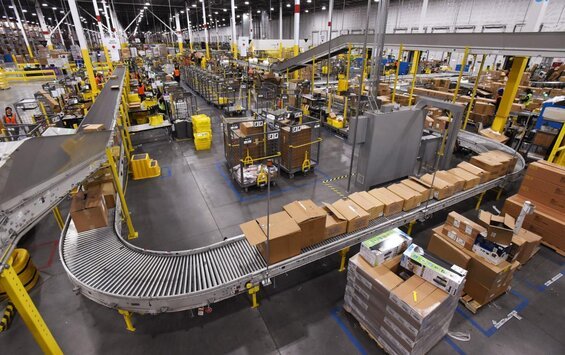
The damage Amazon has done illuminates a larger trend
Yet Fulfillment is far more than a catalogue of Amazon’s sins. MacGillis views the company’s success within the context of a large and troubling trend. “By 2019,” he writes, “more than 70 percent of all venture capital was flowing to just three states: California, New York, and Massachusetts.” The digital revolution, in which Amazon plays such a prominent role, has exacerbated regional inequality.
“Put most simply,” MacGillis notes, “business activity that used to be dispersed across hundreds of companies large and small, whether in media or retail or finance, was increasingly dominated by a handful of giant firms. As a result, profits and growth opportunities once spread across the country were increasingly flowing to the places where those dominant companies were based. With a winner-take-all economy came winner-take-all places.” And this increasing imbalance of wealth between rich states and poor “was making life harder in both sorts of places. It was throwing the whole country off-kilter.”
MacGillis brings these trends to light through a compelling mixture of anecdotes, biographical sketches, and narrative. He’s a skillful writer.
About the author

Alec MacGillis is a senior writer for ProPublica covering politics and government. Earlier, he reported for The New Republic, The Washington Post, and the Baltimore Sun. MacGillis has received the prestigious George Polk Award, among others. His first book, The Cynic, a biography of Senator Mitch McConnell, appeared in 2014.
For more reading
I have also reviewed Brad Stone’s two books on Amazon:
- The Everything Store: Jeff Bezos and the Age of Amazon (The Jeff Bezos story, or why I hate Amazon.com), published in 2013
- Amazon Unbound: Jeff Bezos and the Invention of a Global Empire (Deconstructing the Jeff Bezos story), published in 2021
You might also want to check out:
- My 10 favorite books about business history
- Top 20 popular books for understanding American history
- American Nations: A History of the Eleven Rival Regional Cultures of North America by Colin Woodard (Understanding America’s polarization and how we got to now)
And you can always find my most popular reviews, and the most recent ones, plus a guide to this whole site, on the Home Page.

